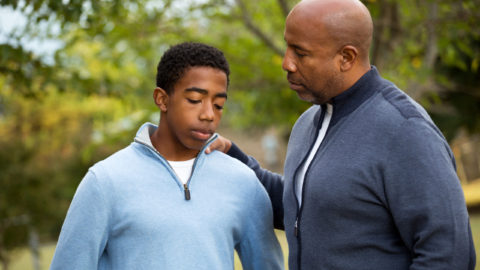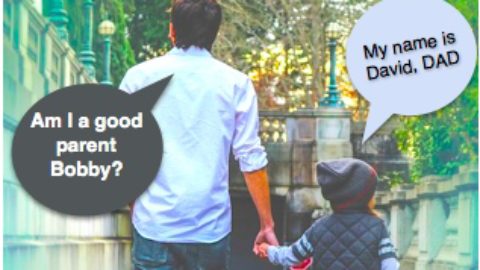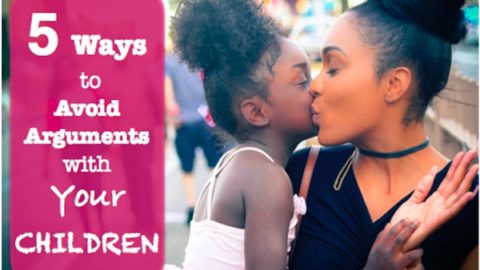Young kids sometimes fool us. They can recite the words “I’m sorry” and even cry when another child cries. However, most children are not capable of feeling sorry yet. Children differ—you may have an early bloomer—but many children haven’t yet developed the emotional and cognitive development to feel remorse.
Understanding Remorse
Remorse requires the ability to take another person’s perspective and fully understand cause and effect. Children are typically identified as “concrete thinkers,” which means that they absorb what they can see, hear, and touch. They are also “egocentric,” which means they typically see the world from their own self-centered points of view. Children do not think specifically about feelings. They do not easily consider how another person thinks and feels. These skills are just beginning to develop in young children. As such, expecting young kids to say “sorry” teaches them little more than an unintended lesson in sequence: kick, say “sorry,” move on.
When we do something to hurt or bother another person we have been taught to say, “I’m sorry.” This is true whether we use words or our actions. It is true whether or not it was an accident or done on purpose. This well-rehearsed phrase is so automatic that it carries very little meaning. In fact, for some people “I’m sorry” seems to magically erase their accountability for what they may have said or done—just one of the unintended effects of constant apologies.
Do we want our children to be accountable for their behavior or do we want them to be easily excused? If a person doesn’t learn to “own” his behavior, how can he learn that he is the one who is in control of changing that behavior?
Development and Empathy
The Pillars for Success parenting program repeatedly refers to the difference between “chronological age” and “developmental age.” Chronological age is the year the child was born. Developmental age refers to the maturity of the child in areas of growth regardless of age.
The program focuses on how children function based on their developmental age. It teaches that saying “I’m sorry” can oftentimes be nothing more than a memorized phrase. The child has been taught to say this when he accidentally or intentionally makes a mistake or hurts someone. However, there is often little substance to it.
The Pillars for Success program tackles the issue of empathy vs. apology. It emphasizes the importance of empathy and its effect on reducing hurtful behavior choices. We acknowledge that the ability to feel empathy for another person depends on the child’s developmental age; it requires that he be able to view the world from another person’s point of view. This is exactly the opposite of the “egocentric” point of view typical of young children.
Because they are developmentally not yet capable of experiencing the full meaning of a phrase like “I’m sorry,” young children soon learn that saying “I’m sorry” is a magical way to be forgiven and to erase their accountability for their actions—neither of which is the intended goal of those words.
The more effective approach is to teach the child that actions have outcomes. They can take specific action to make things better (or worse). Again, saying “sorry” neither erases bad choices nor results in more caring behavior. The goal is not to find things to say instead of “sorry” but rather to change our behavior so that saying “sorry” is rarely necessary.
Actions Over Words
Bottom line: our behavior speaks much louder than our words.
Parents can help kids develop moral compassion by explaining that all actions have outcomes and that it is caring behavior (rather than words) that actually make another person feel better. Adults can model ways to use the word “sorry,” being sure it is used only when it is accompanied by a healing action.
This may sound like a lot of effort just to avoid the overuse of a potentially meaningless phrase. However, be sure to remember that it is our actions and reactions that have the most profound effect on our children and their actions and reactions. Remember that “I’m sorry” must be “lived” to have meaning. Merely saying those words without exhibiting the accompanying behavior communicates, “I am not really sorry.”
Teach your children the difference. Avoid the pitfalls of “forced apology psychology.” And emphasize the power of their spoken messages matching their behavior.
In all cases YOU will be the best role model to teach genuine use of the words “I’m sorry.” As such, say those words only when your actions deliver the intended message of genuine regret. With genuine regret comes changing your behavior to avoid repeating the offense. Additionally, communicate to your child that “new beginnings” are always possible and must result in positive change that genuinely reflects the words, “I’m sorry.”













